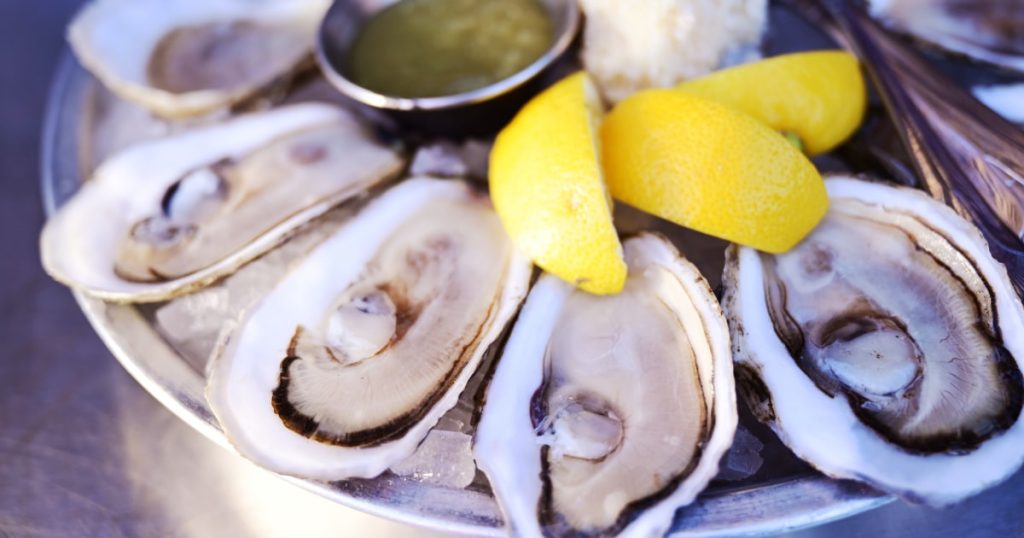The U.S. Food and Drug Administration has issued a warning to avoid shellfish from Oregon and Washington that may be contaminated with paralytic shellfish toxins. This warning includes oysters and bay clams from Netarts Bay and Tillamook Bay, Oregon, harvested on or after May 28, and all shellfish species from Willapa Bay, Washington, harvested between May 26 and May 30. The shellfish were distributed to restaurants and food retailers, or purchased by consumers in various states including Arizona, California, Colorado, Hawaii, Nevada, New York, Oregon, and Washington. Consumers are advised not to eat the shellfish as they may be contaminated with toxins that cause paralytic shellfish poisoning.
Paralytic shellfish poisoning (PSP) occurs after consuming shellfish contaminated with saxitoxin, causing gastrointestinal distress, neurological symptoms, and a disassociation sensation. While most patients recover without treatment, symptoms can progress to respiratory paralysis and asphyxiation. The FDA stated that shellfish are contaminated with natural toxins from the water where they live, mostly produced by marine algae. Shellfish species can cleanse themselves of toxins at different rates, which can prolong the period during which they pose a health risk if consumed. Cooking or freezing the shellfish cannot remove the toxins, and they may look, smell, and taste normal.
Symptoms of paralytic shellfish poisoning can develop within 30 minutes of consuming contaminated seafood and can include tingling of the lips, mouth, and tongue, a “pins and needles” sensation, vomiting, and respiratory paralysis. Anyone experiencing symptoms should contact their healthcare provider and report their symptoms to the local Health Department. The Oregon Department of Agriculture announced a recall of certain oysters and bay clams on May 30 due to elevated PSP levels, while the Washington State Department of Health advised a recall of all shellfish species from Willapa Bay for the same reason.
The FDA warning emphasized the importance of businesses not serving or selling the recalled shellfish and recommended that they be thrown out. Consumers are urged to refrain from eating the recalled shellfish to avoid potential exposure to paralytic shellfish toxins. The toxins cannot be removed by cooking or freezing. The FDA noted that although most people recover from paralytic shellfish poisoning without treatment, symptoms can be severe and even life-threatening in some cases. It is essential to seek medical attention if symptoms of the illness occur after consuming contaminated shellfish.
The contamination of shellfish with paralytic shellfish toxins is caused by natural toxins from algae in the waters where the shellfish live. Different species of shellfish can cleanse themselves of toxins at varying rates, leading to differences in the length of time they pose a health risk if consumed. The FDA warning reiterated that the presence of toxins in shellfish cannot be detected through appearance, taste, or smell, making it crucial for businesses and consumers to heed the recall warnings and avoid eating the affected shellfish. The FDA recommended that anyone who may have consumed contaminated shellfish and is experiencing symptoms of paralytic shellfish poisoning should seek medical attention promptly to prevent any potential complications.


